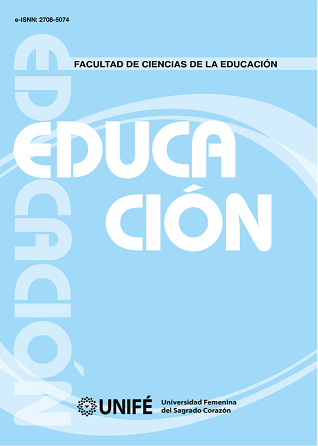Learning strategies: teachingtool to self-regulate learning
DOI:
https://doi.org/10.33539/educacion.2018.v24n1.1319Keywords:
Strategy, learning, self-regulation.Abstract
Learning strategies are a set of cognitive actions that are taken consciously, if we relate information in a meaningful way, knowledge will be easily remembered. For this to happen, first information will be processed and then action is taken. Beginning from the subject to the problem. Likewise, these learning strategies are intentional processes that a student uses to acquire, relate, process, retain, retrieve and regulate the information, in order for learning to be effective. That is, students use a learning strategy when they are able to adjust their behavior (what they think and do) to the demands of an activity or task given by the teacher and to the circumstances and vicissitudes in which this task occurs. When students employ a strategy they are, at all times, aware of their purposes but whenever they move away from them, they are able to reorient and regulate his actions. Learning strategies serve to improve the quality of student performance, but such
strategies are based on some conception of learning. Self-regulation is simply becoming aware of the process of our own learning, using strategies that help achieving that learning. This is a subject that concerns both students and teachers, since the tools they have for it are often not adequate or sufficient. Self-regulation of learning shows that the student is an active agent, who pays attention, in a metacognitive, motivational and behavioral way, to the promotion of their own academic achievement. Two constructs are always present at the base of these theories: metacognition and motivation.



